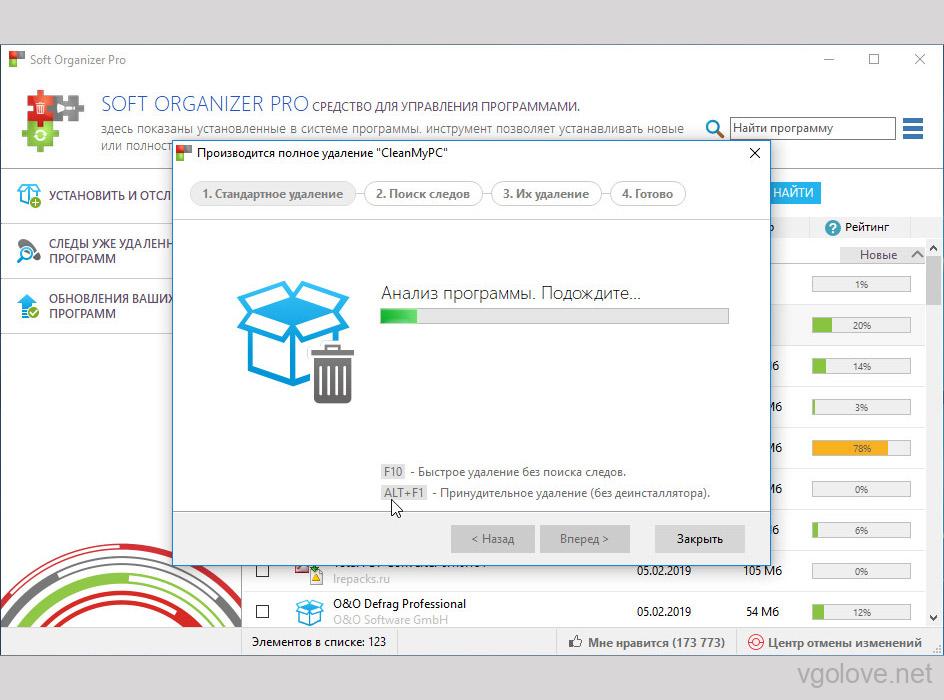
The standard format for interpolation is "$", where "prefix" is used to locate an instance of .lookup.StringLookup that performs the interpolation. Īpache Commons Text performs variable interpolation, allowing properties to be dynamically evaluated and expanded.

This mechanism could be bypassed if the host name in the given URL uses IDN characters that get replaced with ASCII counterparts as part of the IDN conversion, e.g., using the character UTF-8 U+3002 (IDEOGRAPHIC FULL STOP) instead of the common ASCII full stop of U+002E (.). Using its HSTS support, curl can be instructed to use HTTPS directly (instead of using an insecure cleartext HTTP step) even when HTTP is provided in the URL. In curl before 7.86.0, the HSTS check could be bypassed to trick it into staying with HTTP. Multiple stored cross-site scripting (XSS) vulnerabilities in Train Scheduler App v1.0 allow attackers to execute arbitrary web scripts or HTML via a crafted payload injected into the Train Code, Train Name, and Destination text fields.Ī stored cross-site scripting (XSS) vulnerability in Simple Online Public Access Catalog v1.0 allows attackers to execute arbitrary web scripts or HTML via a crafted payload injected into the Edit Account Full Name field.

Jenkins Custom Checkbox Parameter Plugin 1.4 and earlier does not escape the name and description of Custom Checkbox Parameter parameters on views displaying parameters, resulting in a stored cross-site scripting (XSS) vulnerability exploitable by attackers with Item/Configure permission.Ī stored cross-site scripting (XSS) vulnerability in the Configuration/Holidays module of Rukovoditel v3.2.1 allows attackers to execute arbitrary web scripts or HTML via a crafted payload injected into the Name parameter.Ī stored cross-site scripting (XSS) vulnerability in the Users Access Groups feature (/index.php?module=users_groups/users_groups) of Rukovoditel v3.2.1 allows authenticated attackers to execute arbitrary web scripts or HTML via a crafted payload injected into the Name parameter after clicking "Add New Group".Ī stored cross-site scripting (XSS) vulnerability in the Global Entities feature (/index.php?module=entities/entities) of Rukovoditel v3.2.1 allows authenticated attackers to execute arbitrary web scripts or HTML via a crafted payload injected into the Name parameter after clicking "Add New Entity".Ī stored cross-site scripting (XSS) vulnerability in the Global Lists feature (/index.php?module=global_lists/lists) of Rukovoditel v3.2.1 allows authenticated attackers to execute arbitrary web scripts or HTML via a crafted payload injected into the Name parameter after clicking "Add".


 0 kommentar(er)
0 kommentar(er)
